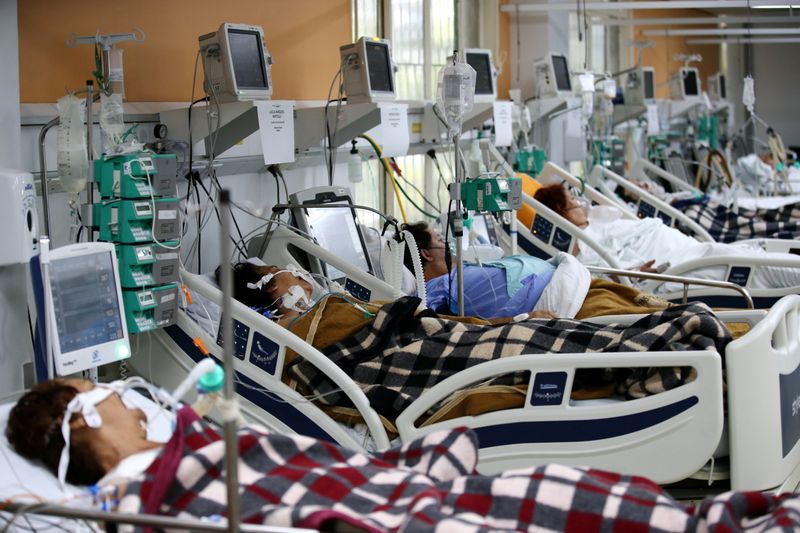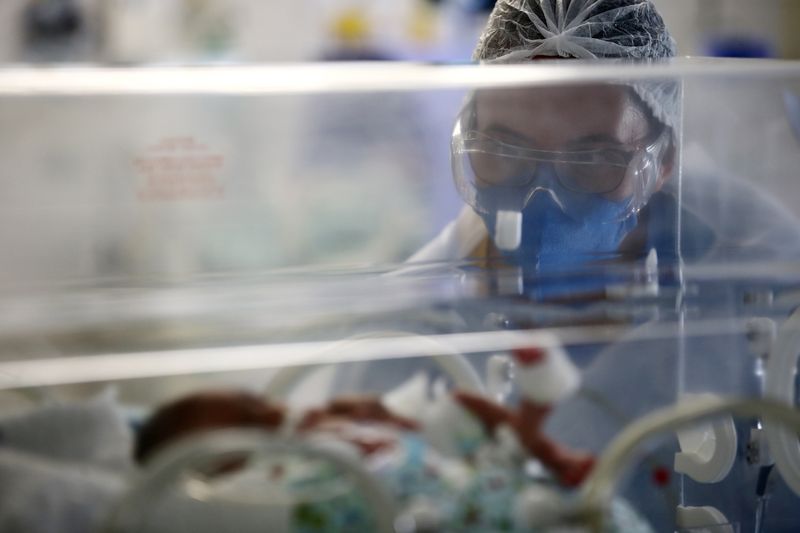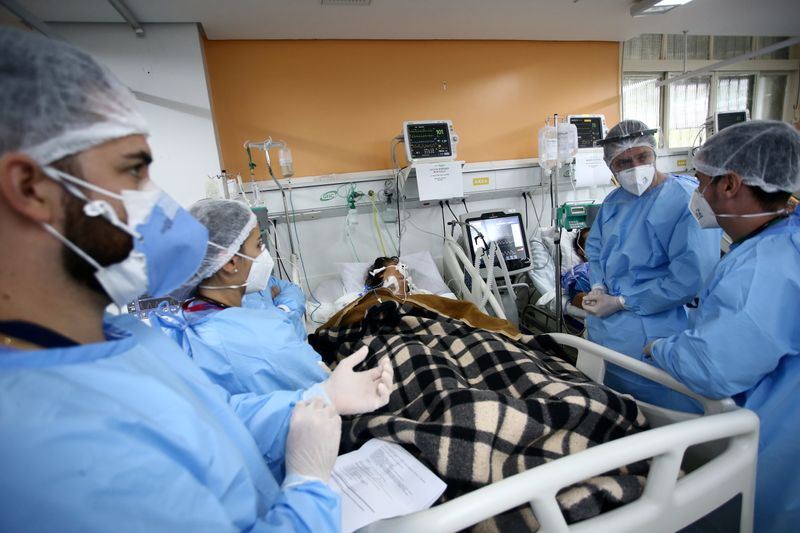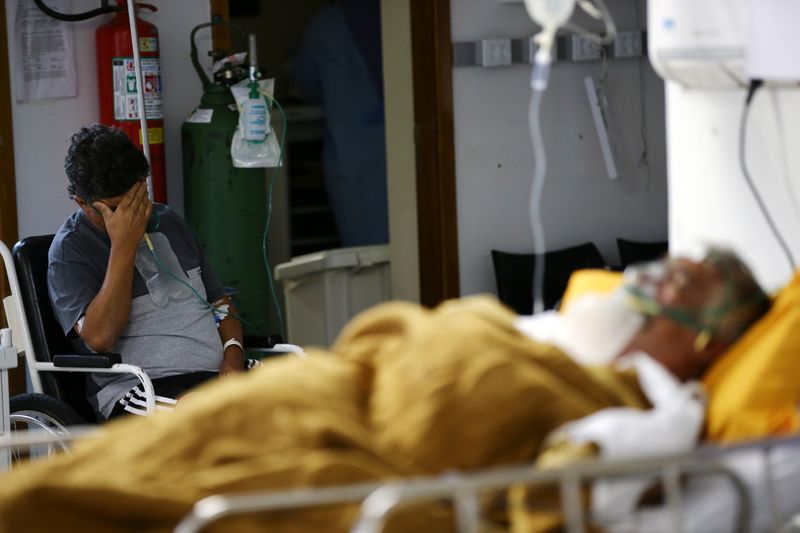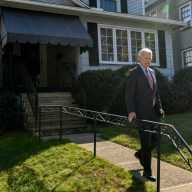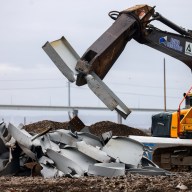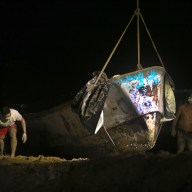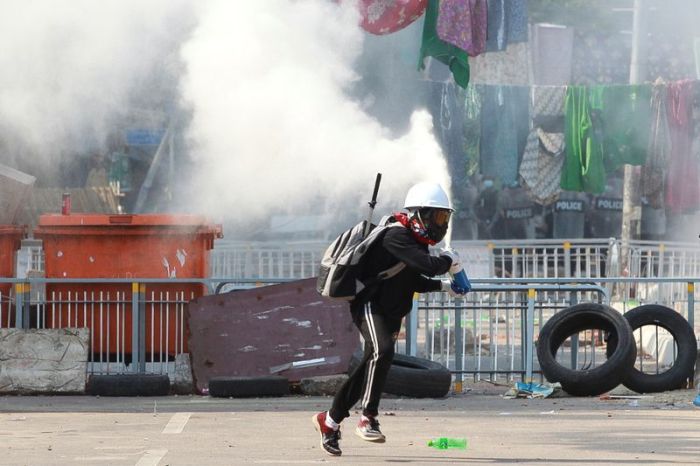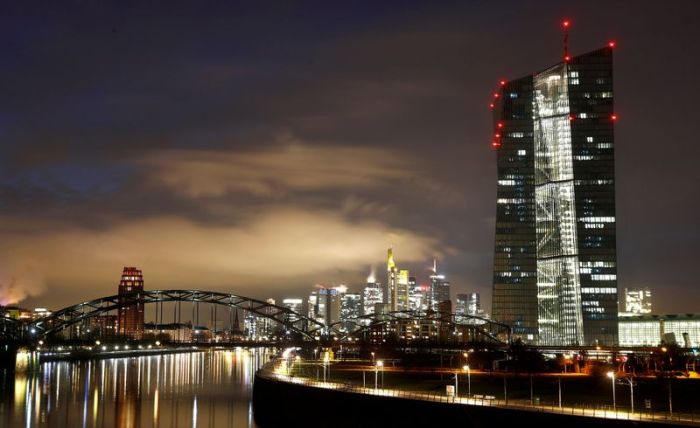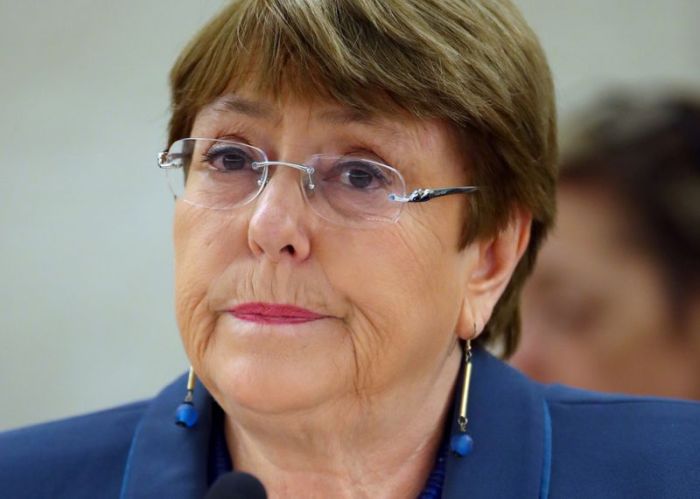BRASILIA/PORTO ALEGRE (Reuters) – Hospitals in Brazil’s main cities are reaching capacity, health officials warned, as the country recorded the world’s highest COVID-19 death toll over the past week, triggering tighter restrictions on Thursday in its most populous state.
Intensive care wards for treating COVID-19 patients have reached critical occupancy levels over 90% in 15 of 27 state capitals, according to biomedical center Fiocruz.
In Porto Alegre in southern Brazil, the main reference hospital for COVID-19 stopped admitting new cases because all its ICU beds were taken. A Reuters photographer saw patients on respirators crowding emergency rooms.
“This is a warning. We’ve reached capacity and people need to become aware of how bad the situation is,” said Claudio Oliveira, director of the Conceiçao Hospital. It was the first time the hospital has turned away patients since the H1N1 epidemic in 2009.
Oliveira told reporters the hospital closed its doors to avoid the collapse of care for the COVID patients there.
The death toll from COVID-19 for the last 24 hours surpassed 2,000 for the second time, the Health Ministry said on Thursday, with 2,233 dead and new infections rising by 75,412.
With more than 272,000 deaths, Brazil’s pandemic death toll over the past year trails only the United States. But over the past week, Brazil has averaged more than 1,600 deaths per day, ahead of some 1,400 in the United States, where the outbreak has ebbed.
As President Jair Bolsonaro rails against lockdowns and urges Brazilians out of their homes, governors and mayors have struggled to enforce restrictions, often pleading in vain with a population inured to the rising tide of the epidemic.
The far-right president attacked governors for the lockdowns again on Thursday, including Sao Paulo state’s move to ban soccer matches. He said they were increasing poverty with a medicine that was worse than the virus.
“How long can we stand this lockdown irresponsibility? You close everything and you destroy millions of jobs. Lockdown is not a cure,” Bolsonaro said in a video address to a business group with Economy Minister Paulo Guedes at his side.
Brazil’s two most populous cities, Sao Paulo and Rio de Janeiro, on Thursday moved to tighten measures as their hospitals struggled with a second wave of the virus, driven by a more contagious variant that emerged in the Amazon region.
While Europe and the United States ramp up vaccinations and bring down their caseloads, Brazil’s federal government is off to a slow start, with only 2% of the 210 million Brazilians fully inoculated so far.
In the nation’s capital Brasilia, which is under a nighttime curfew, public hospital ICU wards are 97% full and private ones are at 99%, forcing the city to again set up field hospitals as it had during a peak in cases last year.
On Thursday, Sao Paulo Governor João Doria announced a “new stage” of restrictions to enforce social distancing, arguing it is now the only weapon against the spread of the virus.
They include a curfew from 8:00 p.m. to 5:00 a.m., the suspension of religious services and sports events, including soccer matches, and people not being allowed to use beaches and parks.
“This is a tough, unpopular decision. No governor wants to stop the economic activities in their state,” Doria said at a news conference.
The state of Sao Paulo, home to some 44 million people, is currently allowing only essential stores such as supermarkets and pharmacies to receive shoppers.
The Sao Paulo health secretary said hospitals in more than half of the state’s municipalities are full and half the patients are under 50 years old.
Last year, the most serious cases were concentrated among elderly Brazilians.
(Additional reporting by Eduardo Simoes in Sao Paulo and Rodrigo Viga Gaier in Rio de Janeiro; Writing by Jamie McGeever and Anthony Boadle; Editing by Brad Haynes, Bill Berkrot, Jonathan Oatis and Daniel Wallis)

